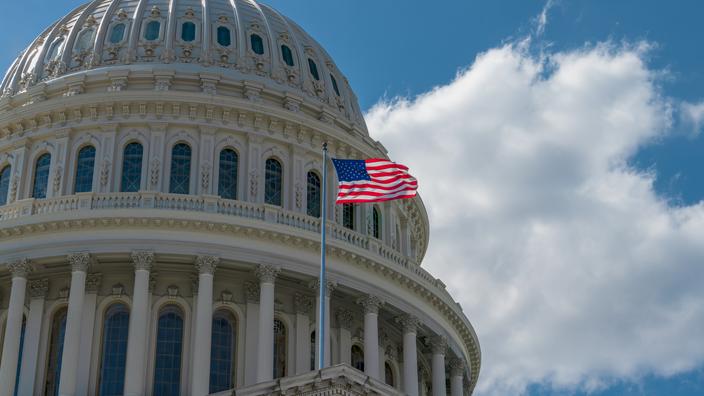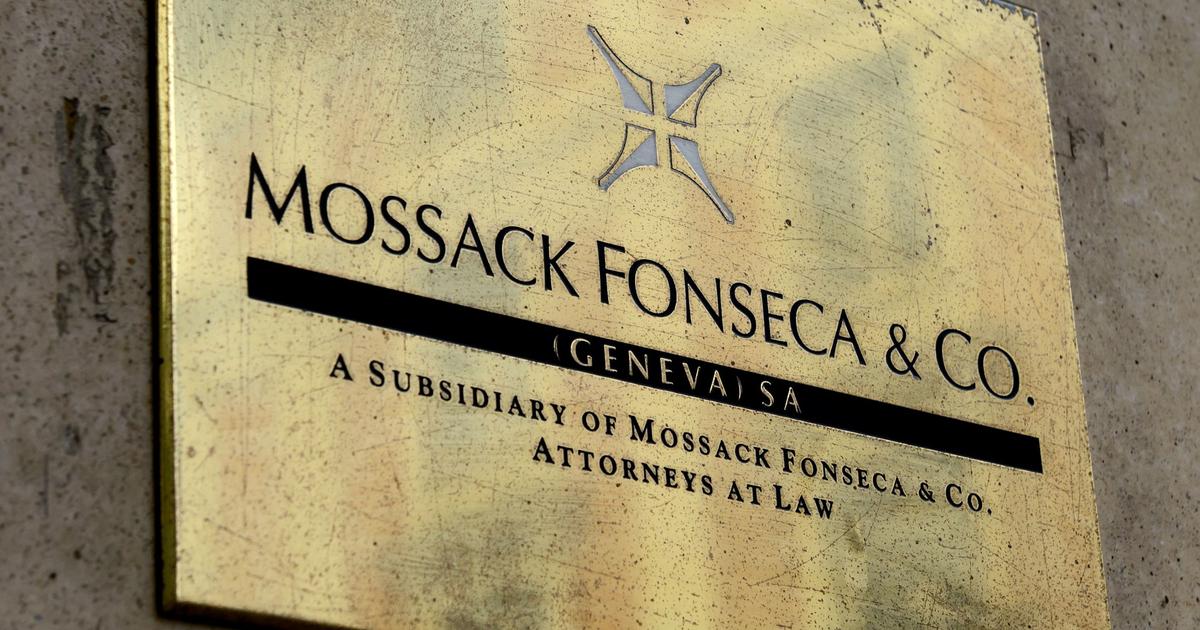Philippe Bruneau is president of the Cercle des fiscalistes.
Jérôme Turot is a lawyer and member of the Cercle des fiscalistes.
Many people think that the revelations of the ICIJ, a consortium of journalists, in the “Pandora Papers” affair, constitute a historic victory against tax havens. The reality is quite different: it is a victory for the United States against tax havens that compete with their own havens, the
tax shelters
of Delaware, Nevada, Wyoming, and South Dakota.
Examination of the “Pandora Papers” leads to two disturbing findings. The first is that these revelations are helping to erect the United States into the world's leading tax haven, proclaiming to the world that no tax haven is capable of keeping its clients' secrets, except American tax havens. Indeed, the "Pandora Papers" do not contain any embarrassing revelation concerning the United States, and no client of their
tax shelters
has been delivered to the indignation of the public. ICIJ reports
trusts
based in the United States without giving any name of the fraudster who used them, apart from a few large American companies like Apple and Nike, for whom it is obviously no secret.
Fraudsters looking for tax havens will notice that it is safer in Dakota than in a tax haven in Europe or the tropics.
The “Pandora Papers” cast shame on the powerful in a number of countries, but not on those in the United States.
Philippe Bruneau and Jérôme Turot
The second observation is that these revelations splash celebrities around the world but no American personality. The same observation was made with regard to the “Panama Papers”: the Americans were largely absent from them, apart from a few Florida grocers. Already at the time, it seemed strange that the powerful around the world had crossed paths in the halls of the Mossack Fonseca cabinet, with the exception of all Americans. On the other hand, Putin had made the headlines of certain newspapers, whereas he was not quoted in any paper of the Panamanian cabinet, only because some of his friends were. The observation is renewed with regard to the “Pandora Papers” which cast shame on the powerful in a number of countries, but not on those of the United States.
In contrast, the “Pandora Papers” teach us that hundreds of millions of dollars have left the paradises of the Caribbean and Europe for South Dakota. This is because the American tax havens are characterized by a total blockade in matters of automatic exchange of information and very limited cooperation in matters of exchange of information on request. Most countries have been forced to do so, under pressure from the OECD, by giving in to the threat of being blacklisted and suffering financial sanctions. In contrast, a request for information to the United States is unlikely to succeed: the United States federal administration simply does not have access to the information - and is not eager to have it.
To read also "Pandora Papers": how Bercy is organized to track down French fraudsters
In New York itself, a French customer who opens an account in a bank is not subject to any exchange of information with France.
A fortiori
a request for information sent to the United States by Bercy concerning a company registered in Delaware, for example, is "DOA" according to the American expression ("
dead on arrival
"). On condition of not having activity in the United States, one can create an offshore company there without any verification of the identity of its beneficiary, to whom it is out of the question to ask for his TIN, the famous international number of tax identification which is necessary for the implementation of the exchange of information, which in all major countries a bank is required to require from its customer. Thus the US federal administration is simply unable to respond to a request for information from another country.
So much so that today wealth managers have no choice but to tell those of their clients who demand the discretion to go and hide in the lion's mouth, where the big party started. tracks undeclared fortunes. Because it is from the United States that the offensive against banking secrecy started, and that the campaign for compulsory exchanges of information in tax matters was launched. In 2014, the OECD adopted the “CRS” (
Common Reporting Standard
), an obligation to automatically exchange information accepted by all OECD states, except the United States, which was the originator of this standard. .
The fight against tax evasion hides a financial war waged by the United States against the rest of the world, and which the United States is winning.
Philippe Bruneau and Jérôme Turot
This refusal by the United States has the effect that instead of contributing to the fight against international tax evasion, CRS acts as a pump of capital in favor of America, encouraging taxpayers around the world to transfer their assets. in American financial institutions in order to evade the exchange of information imposed by the CRS.
This policy of transparency imposed by America without reciprocity becomes an instrument of financial domination. The fight against tax fraud hides a financial war waged by the United States against the rest of the world, and which the United States is winning, in particular thanks to the “Panama Papers” and then to the “Pandora Papers”. Every two years, the NGO Tax Justice Network publishes the list of tax havens classified by attractiveness: the United States ranked 6th in 2013, 2nd in 2018, are now in the lead thanks to a policy of combating tax havens. abroad, while protecting theirs.
The successive flows of "Papers" will not really lead to more fiscal transparency, but to scare away considerable capital which will withdraw from non-American financial centers, especially European ones, to take refuge in the United States, the only country soon to be. keep absolute banking secrecy safe from all journalists.
One can then wonder why the ICIJ is so ineffective in uncovering the great fortunes hidden in the United States.
It is a shame that the source of this phenomenal 12 million document leak, which the ICIJ says is a single source, is so poorly informed about the beneficiaries of the Dakota offshore companies.
When will the “Dakota Papers” be released?








/cloudfront-eu-central-1.images.arcpublishing.com/prisa/L3B6RTJMYJEIPIFGSS2KBV2M5U.jpg)
